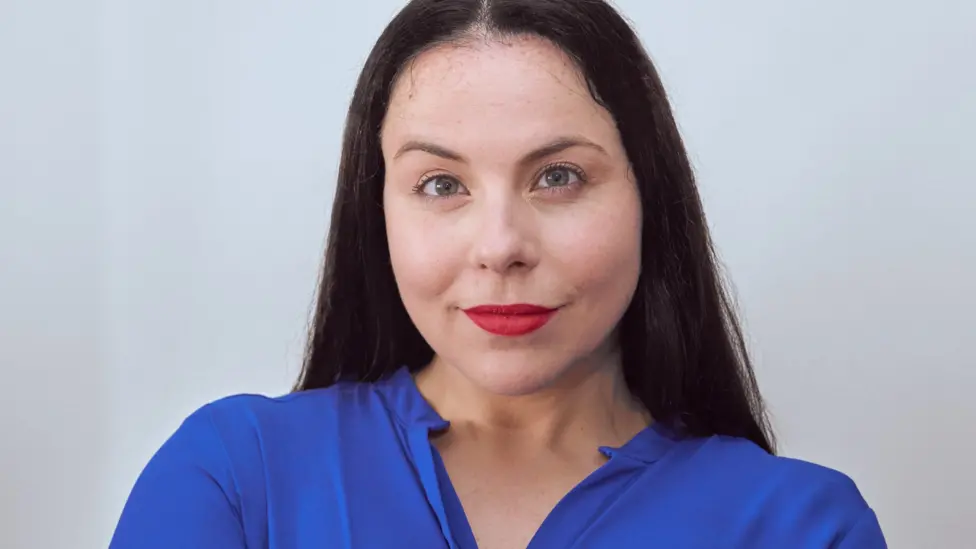A rather sombre update on this historic topic - from
the BBC» :
'My family was murdered at Auschwitz. Her grandfather drove trains to the camp'
Amie Liebowitz
It doesn't matter how much you prepare for it. It still takes you by surprise. As the great-granddaughter of a woman who was murdered in Auschwitz, I am meeting the granddaughter of a man who drove Jews to their death. I'm lost for words.I never got to meet my grandfather Ludvig, who survived the Holocaust, or his mother Rachel. They were put onto a cattle cart to the Auschwitz death camp in 1944. Ludvig, who was about 15 at the time, was separated from his mother and sent to another concentration camp. But Rachel was tortured, gassed and murdered.
I grew up hearing so many stories about them, and spending time with other Holocaust survivors in my family in Australia. They were at the forefront of my mind when I found myself in Germany interviewing Cornelia Stieler.
Cornelia's grandfather was the main breadwinner in a household with very little income. He originally worked as a coal miner, but after a near-fatal accident which left him trapped under coal for two days, he decided to do something else. Things turned around when he eventually got a job at Deutsche Reichsbahn as a train driver. Cornelia's mother used to speak of that achievement with pride, saying getting the job was "the chance of a lifetime".
At first, he was transporting goods for the war effort. But it soon turned into something more sinister. "I believe that my grandfather served as a train driver, commuting between the death camps. He stayed in Liegnitz, now Legnica, in a boarding school, so there was a certain separation from the family and between the death camps."
Cornelia says that when her grandfather first started the job, he didn't know what it would become. "I think my grandfather saw a lot of horrible things and didn't know how to get out of this work, didn't know how to deal with it."
After training as a family therapist, she delved into her past and tried to understand him better. She tells me she started asking: "At what point was he a perpetrator? Was he an accessory to perpetrators? When could he have left?"
At this point, my mouth is dry. My heart is racing. Listening to all of this feels like an out-of-body experience. All I can think about is how her grandfather drove trains into Auschwitz, and that's how my grandfather and great-grandmother ended up there. I'm thinking about all my other relatives - cousins that I know existed but know nothing about - who were murdered in Auschwitz too.
(Article continues)





